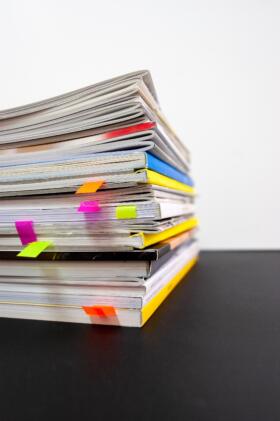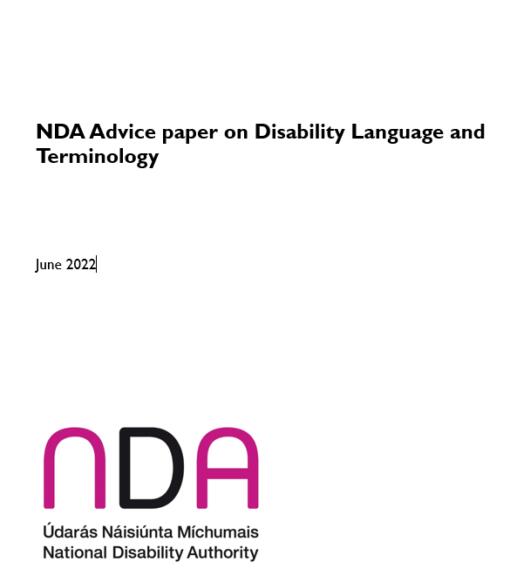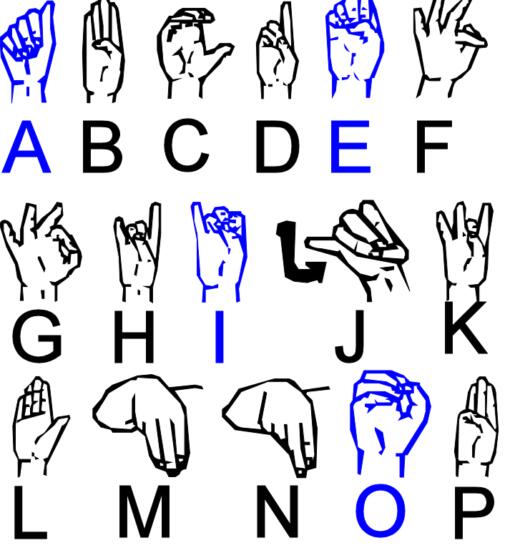
Second Report on the Irish Sign Language Act in 2025
We are preparing the second report on the operation of the Irish Sign Language Act in 2025. This will be a progress report.

First Report on the Irish Sign Language Act in 2021
We prepared the first report on the operation of the Irish Sign Language Act in 2021.

How to find an ISL Interpreter
The Register of Irish Sign Language Interpreters has a list of accredited ISL interpreters.
Sign Language and the UNCRPD
The United Nations Convention on the Rights of Persons with Disabilities (UNCRPD) underlines the importance of sign language in realising the rights of persons with disabilities in a number of areas.
Sign language is mentioned in four articles of the UNCRPD, in relation to:
- Accessibility (Article 9)
- Freedom of Expression and Opinion, Access to Information (Article 21)
- Education (Article 24)
- Participation in Cultural Life (Article 30)
Through these Articles, the UNCRPD requires States to:
- Take measures to accept and facilitate the use of sign language in official communications
- Recognise and promote the use of sign language
- Provide sign language interpreters to facilitate access to public services
It states that people with disabilities are entitled to equal recognition and support for their cultural and linguistic identity, including sign language and Deaf culture.
In relation to education, the UNCRPD requires States to facilitate the learning of sign language and the promotion of the linguistic identity of the Deaf community. This is to promote equal participation in education and promote community inclusion. It also requires that the education of d/Deaf people is delivered in the most appropriate language for the individual.
Language and the d/Deaf Community
There are particular considerations to be aware of in regard to language and the Deaf community which were highlighted in our consultation with the Irish Deaf Society.
Members of the Deaf community use Irish Sign Language (ISL) as their preferred language and identify as a cultural and linguistic minority group, rather than as people with disabilities.
There are also deaf and hard-of-hearing people who don’t use ISL and may or may not identify as a person with a disability. Deaf is sometimes spelt with a capital ‘D’ (Deaf) or a small ‘d’ (deaf) or to make a distinction between those who use ISL and those who do not. In some cases, the term ‘d/Deaf’ is used referring to all those who identify as culturally Deaf and those who do not.
The NDA acknowledges that preferences vary among individuals. Read more about disability language and terminology in our advice paper.


